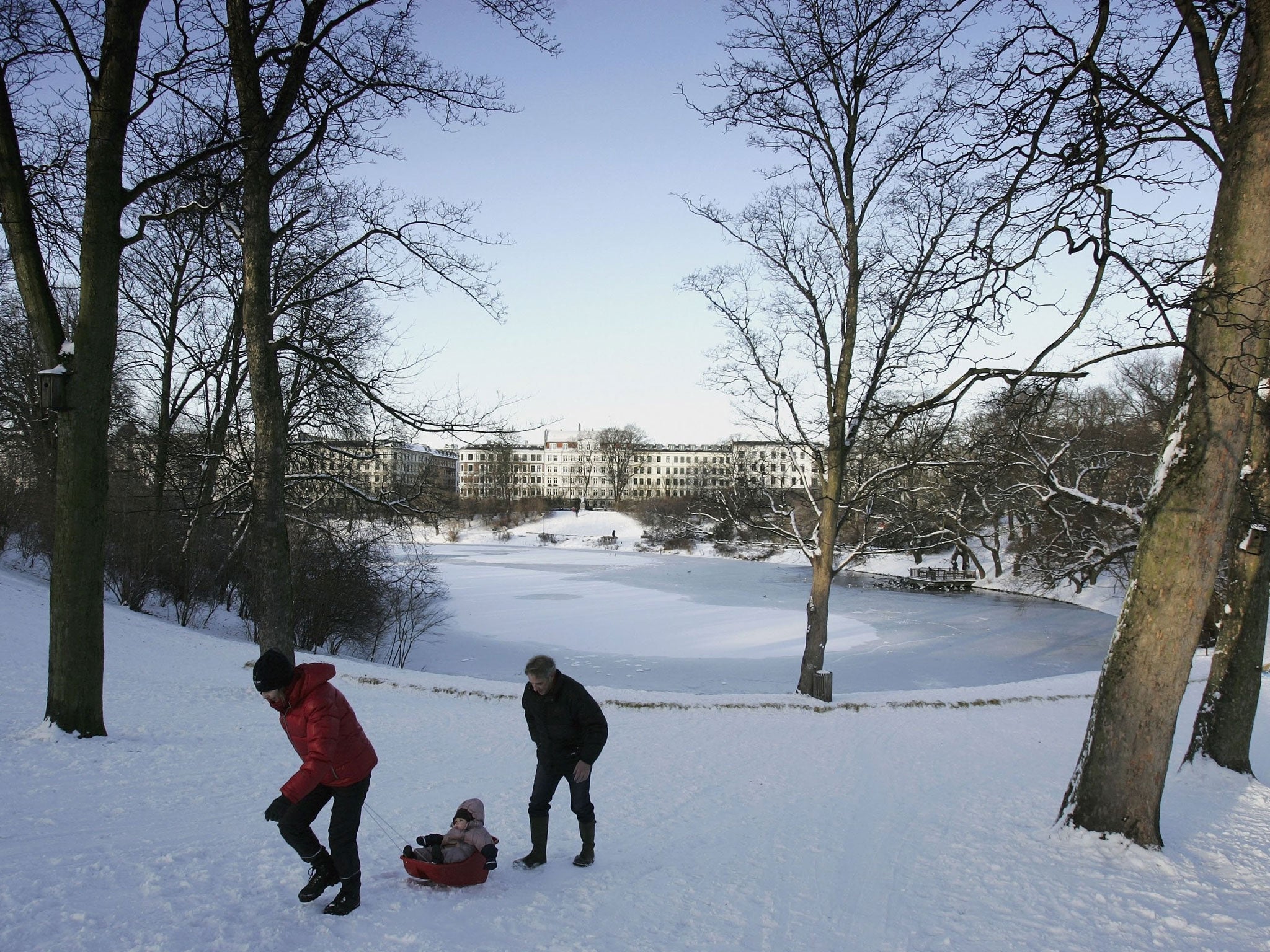This is not just men trouncing women – it's complicated

Have baby, earn less – might as well inscribe this on every pregnancy test. Most women know that, once they have children, they'll be subject to a "motherhood pay penalty". But the IPPR report reveals something new: while mothers earn less than they would if they hadn't had children, fathers earn more.
Wouldn't you know it: it's blokes contriving to come off better again. I've long been suspicious of chaps who parade their paternity with framed photos of their kids on their desk. In most workplaces fatherhood is seen as an asset, making you a better-rounded person, while motherhood – whatever the official line – is regarded as a disadvantage, rendering women less reliable. (As we probably are: when someone needs to stay home with a sick child, it's usually mother.)
Perhaps men earn more when fathers because a sense of responsibility makes them strive more. Many, too, feel that they need to earn more if their partner is earning less. Or they may have put off having children until they have greater earning power.
Yet when you look at the figures closely, a more complex picture emerges. For a start they refer to full-time workers. If the study had covered part-timers it might have found less of a male advantage: men who work part-time are much more likely to metamorphose into the full-time jugglers that most mothers become.
Second, not all full-time mothers are equally disadvantaged: those born in 1970 who had their first child between the ages of 25 and 32 are penalised less than those born in 1958. This would suggest that things are getting better for women in the workplace.
Not so fast, though: for those who had their first child between 18 and 24 things have got significantly worse. Social class is the culprit: things may be better for professional women more likely to defer childbearing, but not for working-class women who have kids younger.
And just as you can't lump all women together so too do men resist stereotyping. The decline in manufacturing in the 1980s coincided with the growth of female employment in the service industries and greater male unemployment. No fatherhood pay bonus for these men.
For, in the end, employment isn't a zero-sum game, a case of either men or women. Most two-parent households can only get by with both parents in work, and single parents have no choice. We need to find a more equitable way of distributing work – between the ages, the sexes and the social classes – and rewarding it. Other countries seem to manage it. Iceland, Sweden and Denmark have much higher maternal employment than we do, along with great, cheap childcare and parental leave. Instead of a maternal pay penalty and a fatherhood pay bonus we need parental and non-parental pay equity.
And ditch the photos.
Join our commenting forum
Join thought-provoking conversations, follow other Independent readers and see their replies
Comments
Bookmark popover
Removed from bookmarks